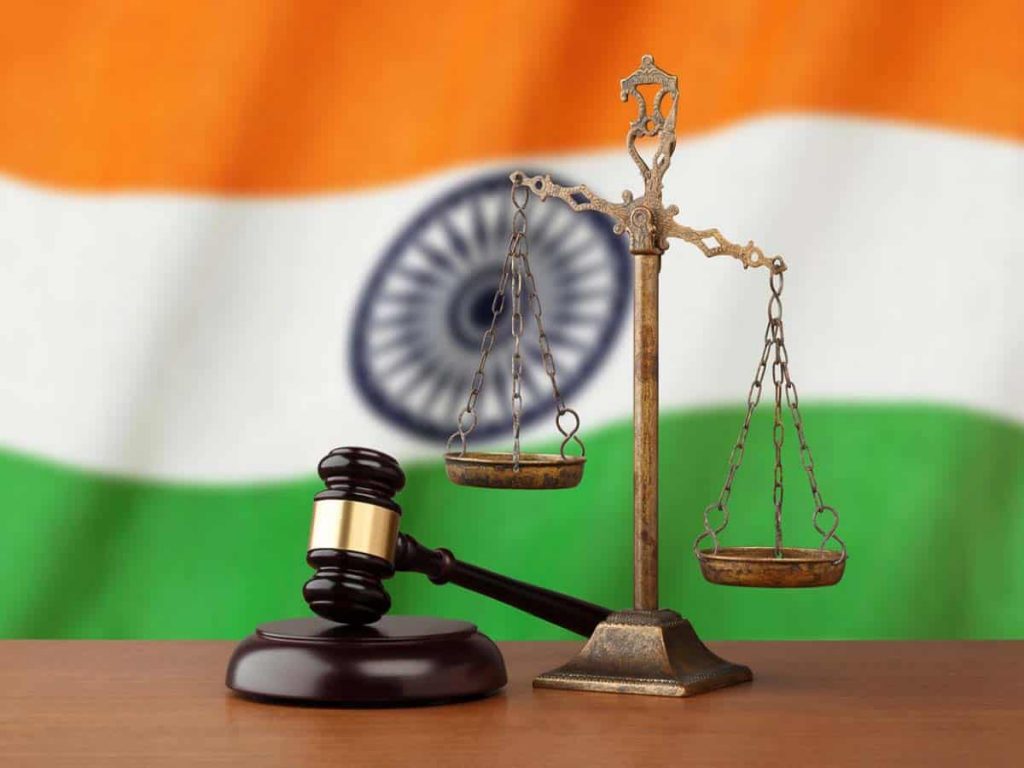Rinnie and Winnie were childhood friends. They decided to start a business together. Rinnie got the ideas and Winnie arranged the resources. The business went well for the initial few years. Everything was going great. Rinnie was the one who interacted with the clients and Winnie used to handle the back end and internal operations. One fine day, they argued over something. Rinnie felt that she was the one doing everything whereas Winnie was getting all the credit, while Winnie felt that Rinnie had an easy desk job while she was the one who had to do all the outside jobs. Things escalated quickly and Rinnie filed a suit against Winnie in court for dissolving the business. The case went on for 4 years and finally ended up in favor of Rinnie. The business was shut down. However, in the meantime, Rinnie realized that though she had won the case, it was not worth compromising her years-old relationship with Winnie. She tried to talk it out with Winnie, but it was too late now.
What do you think went wrong? Was there something else that could have been done? Don’t you think that instead of going to the court, Rinnie and Winnie could have handled the situation through mutual discussions? The fact of the matter is both parties are at a loss. Here’s how-
- Both of them lost a successful business venture;
- They invested 4 years to settle the dispute between themselves;
- They paid for the lawyer’s fee;
- The spoiled business relations affected their personal relations as well;
- The future possibility of reconciliation is also ruled out.

Now let’s consider a different scenario in the same situation. This time, Rinnie put forward her concerns to Winnie. Since it was difficult for them to see each other eye to eye after the argument, they asked their friend to intervene and help them talk things out. After much deliberation, it was observed that Winnie wanted to be the face of the business and do work that involved interaction with clients, while Rinnie was fed up with the external work and wanted a peaceful desk job. Turns out that both wanted to just exchange their roles in the business which they did happily.
Given this background, let us understand what Alternative Dispute Resolution (ADR) is and why we need it. Generally, the first reaction to any dispute is “I’ll see you in court”. This is what we call litigation, and this is what Rinnie and Winnie resorted to in the first situation. But what if you don’t want to go through a cumbersome litigation process that would take a lifetime? There’s an “alternative” to it, and these “alternatives” are what we call “Alternative Dispute Resolution” processes. Subject to certain limitations, these ADR methods can be opted by the parties instead of taking their matters to court.

What are these ADR processes?
Broadly there are four ADR processes, namely Arbitration, Mediation, negotiation, and conciliation. As mentioned above, these processes are in alternative to litigation and can be very beneficial to the parties in dispute. Here’s a brief of what these processes mean-
- Arbitration: This process is very much similar to litigation and court setup. There’s a judge (referred to as the ‘arbitrator’), there are hearings and evidence, etc. But it is a private form of dispute resolution, where the parties decide the rules of the process and appoint their own judge!
The parties in dispute appoint a neutral third party, referred to as an Arbitrator, who decides the matter between the parties. The process is rather flexible and technical aspects of court proceedings can be dispensed away with by the parties at their discretion. The decision of the Arbitral Tribunal is referred to as an “Award” and has the same effect as that of an order of the court. It is also pertinent to mention that Arbitration in India is governed by the Arbitration and Conciliation Act, 1996.
- Mediation: This process also involves a neutral third party, referred to as the mediator, whose role is to facilitate discussions between the parties. The mediator does not give a decision, but rather helps the parties in dispute to come to a mutual understanding or resolve the dispute between them. The outcome of the mediation process is usually materialized in the form of a contract between the parties which is enforceable by law.
- Conciliation: Conciliation falls somewhere between mediation and arbitration. As an arbitrator, a conciliator is a neutral third party appointed by the parties who assist them in resolving the disputes. A conciliator cannot pass an award, however, he or she can make proposals for a settlement of the dispute. These proposals are not binding on the parties, and they may choose to disregard them. The settlement reached by the parties is then turned into a settlement agreement. It is also pertinent to mention that Conciliation in India is governed by the Arbitration and Conciliation Act, 1996.
- Negotiation: The most informal form of dispute resolution, where the parties negotiate the dispute among themselves. There is no third party involved, and the parties are free to settle the disputes by negotiating.

Why do we need ADR processes?
ADR processes are full of advantages. Ever wondered how these big companies solve their disputes? Their disputes involve millions and billions of dollars, and they can’t wait for years for a decision from the court. To address that, almost every contract they enter has a dispute resolution clause which provides for dispute resolution mechanisms as per their convenience. There are tiered processes as well which might include multiple dispute resolution processes. It is only after these mechanisms don’t work out that the parties decide to knock on the court’s doors. Here are a few of the advantages that ADR offer:
- These processes are cost-effective, and the parties can decide the fee of the neutral third party.
- These processes are less time-consuming, and the parties can settle their disputes quickly and efficiently.
- The parties have the autonomy to decide on the procedural aspects of the mechanism and hence, it’s convenient.
- The parties get to interact with each other and hear their concerns directly from them. This helps the parties in maintaining future business relations even if one of the parties loses.
- The parties can keep the process confidential.
- The parties have an option to appoint experts on the subject matter for better adjudication and settlement of disputes.
- Disputes solved through ADR would help the congestion in courts since it helps avoid lengthy litigation.

Lok Adalats in India
The Indian Constitution envisages free legal aid to the poor. To achieve that goal, the National Legal Services Authorities Act was passed in the year 1987 “to provide free Legal Services to the weaker sections of the society and to organize Lok Adalats for amicable settlement of disputes.” The National Legal Services Authority was constituted at the National level with various State Legal Services Authorities and District Legal Services Authorities established at the State and District level respectively. These National, State, and District authorities aim at providing free legal services to the poor and weak so that no one is denied justice because of economic difficulties. Lok Adalats are organized by these authorities where disputes are settled between the parties using ADR processes. In fact, Lok Adalat is considered an ADR process in itself. As of 30.09.2015, more than 15.14 lakhs of Lok Adalats have been organized in the country since its inception. More than 8.25 crore cases have been settled by this mechanism so far.[1]
Conclusion
Coming back to the example given in the beginning, had Rinnie and Winnie opted for ADR, a lot could have been saved, including their personal relations. This is what ADR does. It provides for an effective and efficient means of resolving disputes where party autonomy is the king. It is important that people must be made aware of such processes so that the burden on courts is reduced and the dispute settlement rate is improved. It is pertinent to mention that almost all kinds of disputes are capable of being resolved through ADR except criminal matters and personal law. However, one must get proper advice before opting for any ADR process and whether the dispute in question can or cannot be settled through ADR processes.
Relevant Books on Alternative Dispute Resolution (ADR)
Relevant Courses on Alternative Dispute Resolution (ADR)
[1] Kindly refer to https://nalsa.gov.in/lok-adalat.








